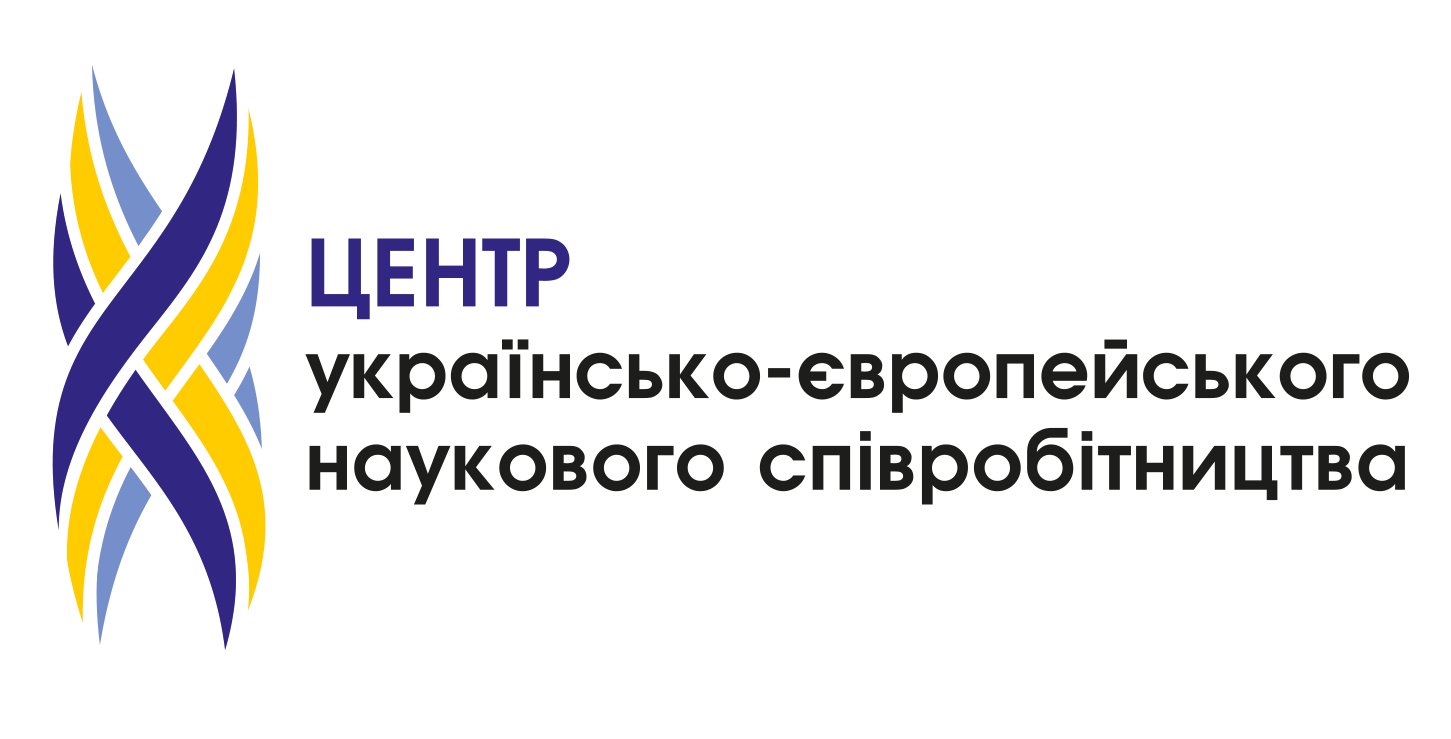 Sumy State Pedagogical University named after A. S. Makarenko
Sumy State Pedagogical University named after A. S. Makarenko
ISMA University of Applied Sciences
Collective monograph
PHILOLOGY AND PHILOLOGICAL EDUCATION IN THE DIGITAL
TRANSFORMATION ERA: EUROPEAN DIMENSIONS, NATIONAL
CONTEXT, INTERCULTURAL COMMUNICATION
Download the newsletter
Sample of Ukrainian monograph section
Sample of English monograph section
Scholars, academic staff, and postgraduate students, who have or are obtaining a degree in philology, are invited to contribute to writing the collective monograph.
The future publication will be a result of the activities of the authors’ team united by a common idea to present achievements of their researches.
The monograph is published by the European publishing house “Izdevnieciba “Baltija Publishing” (Riga, Latvia) and recommended for printing by the institution’s academic council. Three reviewers, who are mentioned in the monograph’s output data, guarantee an independent review.
The monograph is awarded ISBN that permits authors to participate in developing the collective scientific paper published in the country of the EU.
DOI is assigned to every article included in the collective monograph that allows the authors to find their scientific work on the Open Ukrainian Citation Index (OUCI) site, which was developed by specialists of the State Scientific and Technical Library of Ukraine on behalf of the Collegium of the Ministry of Education and Science of Ukraine.
The monograph will be available on the website of the European publisher “Izdevnieciba “Baltija Publishing” at the link.
The authors of the collective monograph’s section receive an electronic layout of the collective monograph and a certificate.
Why is the publication of the monograph section valuable?
(for fulfilling the licensing conditions,
to obtain the degree of Doctor and Candidate of Sciences,
for awarding the degree of Doctor of Philosophy (PhD), for young scientists)
EDITORIAL BOARD:
Djakons Romans – Dr.sc.ing., Professor,  Academician, President of ISMA University of Applied Sciences;
Academician, President of ISMA University of Applied Sciences;
Semenoh Olena Mykolaivna – Doctor of Pedagogy, Professor, Acting Head of the Department of the Ukrainian Language and Literature, Sumy State Pedagogical University named after A. S. Makarenko;
Bahatska Olena Viktorivna – PhD in Philology, Senior Lecturer at the Department of English Philology and Language Education, Sumy State Pedagogical University named after A. S. Makarenko;

Rud Olha Mykolaivna – PhD in Philology, Senior Lecturer at the Department of Ukrainian Language and Literature, Sumy State Pedagogical University named after A. S. Makarenko.
KEY DATES:
The submission of application forms and articles for publishing in the monograph: before May 31, 2024 (inclusively).
Feedback on papers acceptance: within 1–2 working days after papers receipt.
E-mail distribution of the monograph’s layout and the certificate: after August 30, 2024.
ACADEMIC INTEGRITY:
The Organizing Committee guarantees high-quality anonymous peer-review of each monograph section. All monograph sections are subject to checking for plagiarism using StrikePlagiarism.com by the Polish company Plagiat.pl.
REGISTRATION PROCEDURE:
To publish contributions in the collective monograph, authors should act as follows:
- fill in an application form and send a manuscript to filology@cuesc.org.ua for peer-review before May 31, 2024;
- send a copy of the payment confirmation following the manuscript’s approval for publication.
Re: Collective monograph on philology.
MONOGRAPH TARGET TOPICS:
Section 1: Philology and philological education amidst digital transformation
1.1. The impact of digital transformation on educational processes.
1.2. Innovations and information and digital technologies in philology and philological education.
Section 2: Philology and philological education: European dimensions
2.1. General linguistics.
2.2. Literary theory.
2.3. Comparative literature.
2.4. Philology in European higher education institutions.
Section 3: Philology and philological education: the national context
3.1. Paradigms of modern Ukrainian linguistics.
3.2. Modern Ukrainian and foreign literature.
3.3. Modern trends in the methodology of teaching languages and literature.
3.4. Modern aspects of teaching the Ukrainian language and literature in general secondary and higher education institutions.
Section 4: Text – discourse – linguistic personality: European and national dimensions
4.1. Text, text categories, reading literacy.
4.2. Linguistic and philological analysis of texts with different styles and genres.
4.3. Topical issues of modern communicative linguistics and discourse studies.
4.4. Technologies for cultivating reading literacy in students.
4.5. Formation of a culture of working with texts from different speech styles in future specialists.
Section 5: Intercultural communication and philological education
5.1. Interaction of languages and cultures in philological education.
5.2. Challenges and prospects for intercultural communication in the digital transformation era.
5.3. Problems and prospects of forming intercultural communicative competence in philological education.
5.4. Translation traditions and concerns of intercultural communication.
PROHIBITION TO REFER TO THE AGGRESSOR STATE’S SCHOLARLY PAPERS:
We kindly note that the monograph languages are Ukrainian, English, and Latvian. It is prohibited citing and including in the reference list russian-language contributions published in any country, incl. papers written in other languages but published in russia and belarus.
ARTICLE REQUIREMENTS:
An article should be a holistic document of scientific content that involves the results of the author’s original researchers.
The volume of the monograph subsection should be at least 15–30 pages. A4 paper format, line space – 1,5; Times New Roman, 14 size; all margins – 20 mm.
3 persons are a maximum number of authors.
Languages: Latvian, English and Ukrainian.
ARTICLE GENERAL STRUCTURE:
Monograph section name; author’s surname and initials in the publication’s language.
A paper should have the following structure: a short introduction (1–2 pages), 2–3 equally weighted sections and conclusion (1 page), summary: 7–10 sentences in the article’s language (to indicate a range of problems and research results).
The article must have per-page citations as well as References at the end. Citations should be indicated with a number without brackets and dots using Microsoft Word references.
To improve the quality level of scientific citations in the scientometric database Open Ukrainian Citation Index (OUCI), it is important to indicate DOI for every source which it has.
Attention! References are in a source language and executed taking into account the National Standard of Ukraine DSTU 8302: 2015 “Information and documentation. Bibliographic reference. General principles and rules of composition”.
Author’s full name and information: scientific degree and rank, post, affiliation; address of employment place (in English regardless of the publication’s language).
Attention! In case of submitting a non-English article, an author should additionally submit an English name of the section and its structural elements (subsections) (see a design sample).
REPRESENTATIVE OFFICE IN UKRAINE:
Center for Ukrainian and European Scientific Cooperation  (according to the signed international cooperation agreement with ISMA University of Applied Sciences)
(according to the signed international cooperation agreement with ISMA University of Applied Sciences)
Contact person: Rodik Lesia Mykolaivna – Coordinator of scientific events and projects on philological sciences.
Telephone: +38 (066) 642 61 74
E-mail: filology@cuesc.org.ua
Web-site: www.cuesc.org.ua
Facebook: facebook.com/cuescinfo
YouTube: youtube.com/cuescinfo










